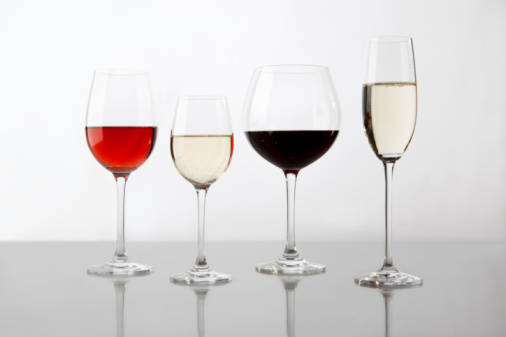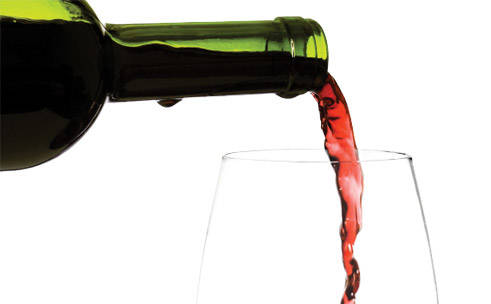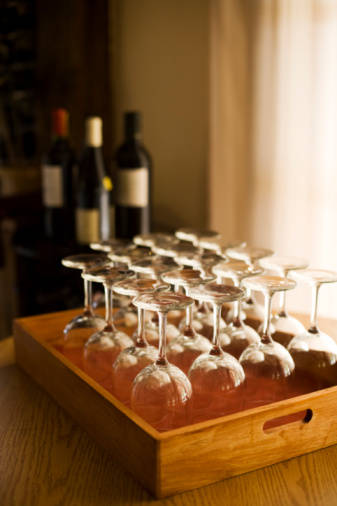Italian Wine Week Opens To Social Media Themes with Panel at Vino 2010
Vino 2010 was a great success according to all participants with three days of interesting seminars, tastings and dinners. Some of the panels focused on a particular region such as Apulia or a grape variety such as Pinot Nero and Gaglioppo while others were devoted to marketing wine and the changing climate. One panel was dedicated to “Virtual Vino” or the world of Social Media (read Twitter, Facebook and other such sites) and marketing to Millennials.
This program was dedicated to wine bloggers and aimed to engage online wine enthusiasts both nationally and internationally. There was a Virtual Vino Blogger Lounge which allowed participants to blog, tweet, and post comments. Vino 2010 also hired an official blogger to help to facilitate dialogue during the conference, James Rodewald, a former Drinks editor at Gourmet.
Millennials have been described as anyone who is between 19 and 29 years of age today. This group of consumers no longer looks to the traditional media that other generations of wine consumers favor such as the Wine Spectator or the Wine Enthusiast, Wine & Spirits, etc. According to research presented by Steve Raye of Brand Action Team, they no longer even know who esteemed wine critic Robert Parker is but instead have their own heros such as Alder Yarrow of Vinography, a blogger who was also on the panel. Doug Cook, Director of search for Twitter, was also on hand and gave insight into how to improve your searches which he said are the fabric of the internet. Others on the panel spoke about their personal experiences as a blogger and a wine producers.
While it is hard to measure influence, it is clear that something has changed in the world of wine and in the media. Everyone on the panel agreed that while one shouldn’t discount traditional media outlets, you now need to pay attention to a whole host of sources, bloggers, twitter, facebook, linkedin and others.
The seminar, which was sponsored by the Camera di Commercio di Siena, was particularly innovative because people could write in questions at Twitter and get their questions read aloud during the panel/ Also, the whole panel was able to be watched via a live feed, quite advanced compared to the previous edition held in 2009.
Here is the video link for the panel” http://vino2010.italianmade.com/blog/video-virtual-vino-seminar.
The topic of Social Media and the importance of journalistic standards and sourcing of information is, of course, somewhat controversial. Many take umbrage with the idea that bloggers should be considered on the same level as traditional media journalists. This can be discussed at length without any definitive conclusions. What is the crucial takeaway is that bloggers are here to stay and they have become increasingly important in the world of wine.
As Raye reminded us in his presentation, the issue is one of trust. The more you identify with and read someone’s experiences, the more Millennials seem to trust their judgment. The personal touch is what makes a difference to this segment of the population which is becoming ever more important as they buy more wine and as baby boomers fade away.
There are some 75 to 80 million Millennials, many of whom are drinking wine. This is music to the ears of wine producers because everywhere else and certainly in the traditional wine drinking countries such as Italy, France and Spain, wine consumption per capita is plunging. The United States is now the largest market for wine and it is only expected to grow in the coming years.
Surely the rules of engagement with the media are being redefined in this new age of connectivity. What the panel showed was that the wine world is taking this new reality seriously and is ready to embrace it wholeheartedly.









































i-Italy
Facebook
Google+
This work may not be reproduced, in whole or in part, without prior written permission.
Questo lavoro non può essere riprodotto, in tutto o in parte, senza permesso scritto.